Will it Sting?
Will it sting? How to tell is it a bee or a wasp? Is it something should worry about with my children or pets around? Is it aggressive? Can I treat this myself, or should I hire a professional? There are lots of questions we get from clients when it comes to stinging insects. Here’s a good beginners guide to commons stinging insects found in the Greater Lancaster, Harrisburg, and York areas.
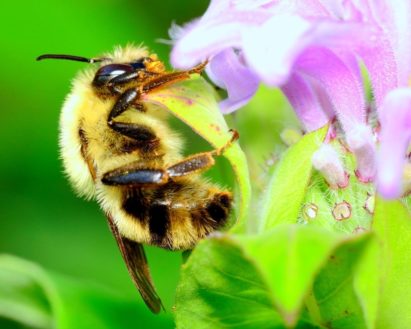 Bumble Bee
Bumble Bee
Can it sting? Yes.
Is it aggressive? No.
Are they beneficial insects? Yes, they’re pollinators.
Where will I find them? Most often, you’ll see them in gardens, moving from flower to flower. This goes for vegetable gardens, too, when your tomatoes and peppers are in bloom. These do not require hiring a pest control professional.
Honey Bee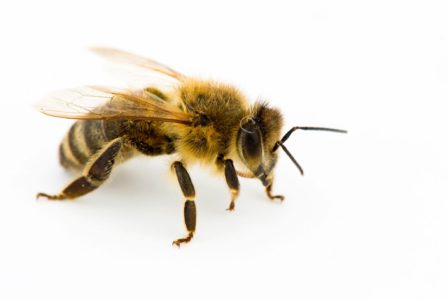
Can it sting? Yes, if threatened. However, each worker can only sting once.
Is it aggressive? No.
Are they beneficial insects? Yes, they’re pollinators.
Where will I find them? Similar to bumble bees, you’ll most often encounter them in your gardens. Honey bees have been known to set up colonies in strange places, ranging from trees to the interior walls of homes. NOTE: Honey Bees are protected by law. If you have positively identified a colony, contact a beekeeper to remove the nest.
 Carpenter Bee
Carpenter Bee
Can it sting? Females, yes. Males, no.
Is it aggressive? According to Penn State (hyperlink: https://ift.tt/2O71jeL), males defend their territory aggressively but are not a threat to people.
Are they beneficial insects? Yes, they’re pollinators.
Where will I find them? You will most often see carpenter bees anywhere there’s wood on the property. You may find them using the rafters of your home for a nest (going in and out of the soffit) or the wood that makes up your deck. Accessing the nesting site may prove challenging for homeowners, so professional help is often recommended.
Cicada Killer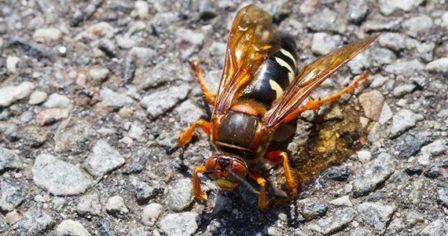
Can it sting? Males, no. Females, yes, and stings are exceptionally painful
Is it aggressive? Males hover over their burrows and look aggressive, but you basically have to step on one with bare feet to get stung.
Are they beneficial insects? Not pollinators but do feed on cicadas. They sting the cicadas, leaving them in a coma-like state. They then lay their eggs in the cicada, and when they eggs hatch, they have a fresh meal on-hand (the cicada). This makes them a type of insect known as “parasitic wasps.”
Where will I find them? You will find cicada killer wasps in the ground. Usually in thin turf or bare ground you’ll find their little burrows, with soil dug up and pushed out of the hole. Professional control is not usually needed, but many companies offer control. Homeowners may do control themselves, but exercise caution.
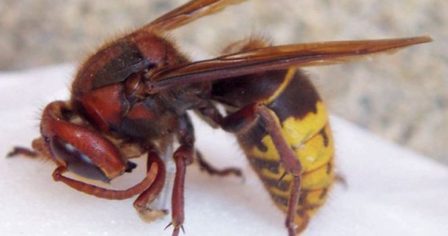 European Hornet
European Hornet
Can it sting? Yes.
Is it aggressive? Yes, very.
Are they beneficial insects? Not pollinators but are carnivorous with other insects.
Where will I find them? European hornets often are the only true hornet we have in North America. We often get calls from clients that have a diseased or dying tree on the property, and the hornets have nested in there, but have also been known to nest in wall voids. If you suspect you have a nest, give it a wide clearance, and call a pest control professional.
Bald-faced Hornet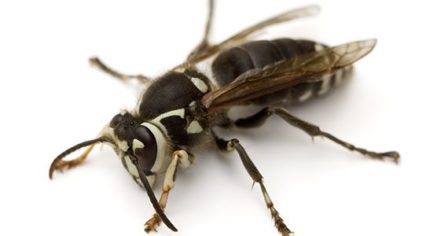
Can it sting? Yes.
Is it aggressive? Yes.
Are they beneficial insects? They are not pollinators. They do eat other insects, especially flies and other types of yellow jackets.
Where will I find them? Bald-faced hornets will typically build a nest, similar to paper wasps. These will often be hanging from something, like the eaves of the home or a tree branch.
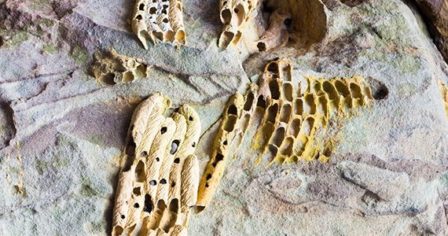 Mud-Dauber Wasp
Mud-Dauber Wasp
Can it sting? Yes.
Is it aggressive? No.
Are they beneficial insects? Mud-daubers will feed on spiders, so I guess that depends on your perspective.
Where will I find them? Mud-daubers are so named because they frequently build mud “tubes” on the side of a structure. You will find these tubes in places that are protected from rain, like the top of an exterior wall near the eaves. This is so that the mud they build their nests from doesn’t get wet and fall apart.
Yellow Jacket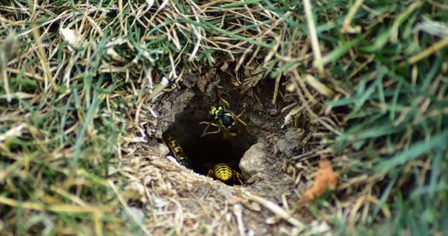
Can it sting? Yes.
Is it aggressive? Probably the most aggressive we deal with. If you encounter them, we encourage you to physically run away and call a pest control professional. They will attack in large numbers and can sting repeatedly.
Are they beneficial insects? Not pollinators. They do eat other insects, but it’s not worth keeping them around.
Where will I find them? Yellow Jackets can either make a nest in a structure OR a nest in the ground. Many homeowners accidentally encounter them when gardening during the summer. They will also build nests in a structure that can get rather large; we’ve dealt with several homeowners who can actually hear the buzzing of a large colony between the walls of their home.
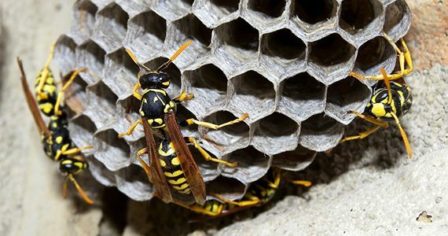 Paper Wasp
Paper Wasp
Can it sting? Yes
Is it aggressive? Only when disturbed.
Are they beneficial insects? Like cicada killers, they are parasitic wasps. They sting other insects and paralyze them so their young can feed at a later time.
Where will I find them? Paper wasps build nests using chewed up tree matter, hence the term “paper” wasp. These nests are frequently in trees. We most often talk to clients that encounter a nest when mowing under a tree in their yard.
Bee or wasp stings can be painful. If you see a stinging insect on your property that isn’t listed here, or you’re having an issue with one of the pests listed above, we’d be happy to consult with you. Please Contact Us, and we’ll do our best to be of assistance.
The post Will it Sting? Bee or Wasp? appeared first on Tomlinson Bomberger.
from Tomlinson Bomberger https://ift.tt/2O646F8

No comments:
Post a Comment